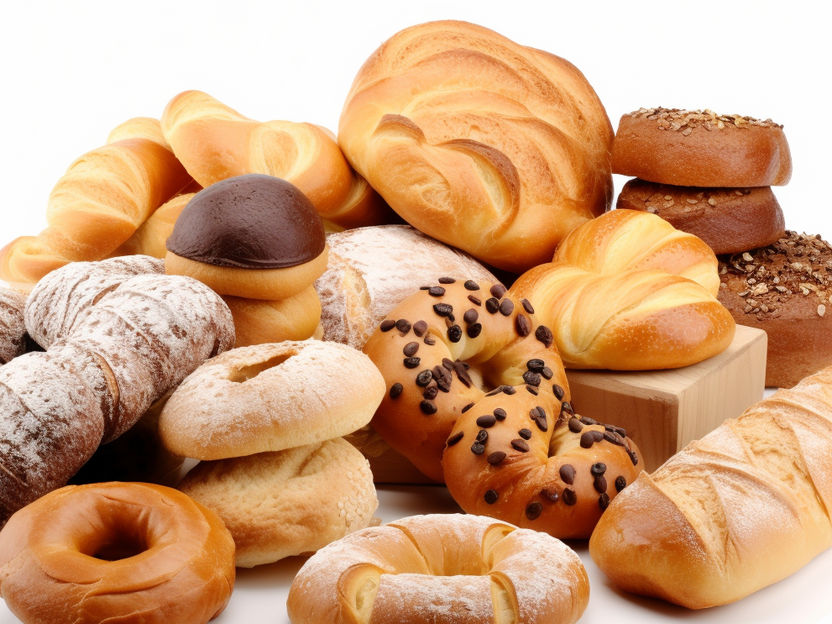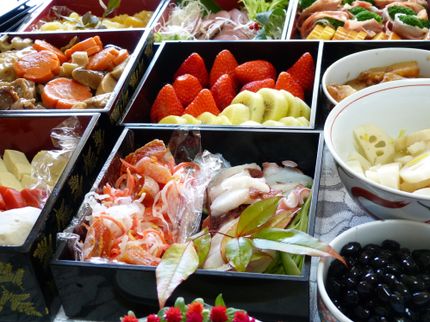From bakery retailer to global player
The Aldi story began in 1913
Advertisement
In view of the dramatic increases in food prices, discounters are currently experiencing a boom. With their focus on low-priced products, they are hitting the nerve of the times. So it's fitting that discount inventor Aldi is celebrating an important anniversary this year. 110 years ago, Aldi's founding family, the Albrechts, laid the foundation for their current retail empire. The baker Karl Albrecht started a "trade in baked goods" in Essen on April 10, 1913.

Symbol image
computer generated picture
From small beginnings, one of the world's largest retail empires emerged. The chwester companies Aldi Nord and Aldi Süd are now active not only in Europe and North America, but also in Australia.
"With their low-price offers, the discounters are now more than ever an important pillar of support for many households," retail expert Robert Kecskes from market research company GfK told the Deutsche Presse-Agentur. It's no wonder, then, that discounters have increased their market share in Germany from 34.8 to 36.9 percent within just 12 months by the end of 2022, according to GfK - at the expense of supermarkets and specialty retailers. At the beginning of the year, the shift of sales to the low-cost providers continued unabated.
However, despite all the pioneering spirit, it is not the baker Karl Albrecht who is behind the success story of the Albrecht family.
It is his sons Karl Junior and Theo Albrecht who have made the company great. After their father's death, they took over responsibility in their parents' business and developed the discount concept. The first "Aldi" store - the abbreviation stands for "Albrecht-Diskount" - opened in 1962, a good 60 years ago.
The original recipe for success: a small assortment in a sparse ambience at rock-bottom prices. Aldi and, a little later, its rival Lidl put the fear of God into supermarket competitors in Germany and subsequently in many other countries.
However, today's Aldi stores have little in common with those of the early days. Where once cold neon lighting and goods on wooden pallets characterized the store image, modern store design with a feel-good ambience has long since taken hold. And in addition to the classic private labels, more and more brand-name products are now also found at Aldi. "People today want a pleasant shopping environment. That's where the discounters had a lot of catching up to do, and they've done it," said Kecskes.
However, of all things, the discounters are struggling at the moment when it comes to their most important feature - low prices. They, too, have recently had to raise prices sharply - in percentage terms, even more than many brand-name retailers, according to Kecskes. This is because the drastic increase in energy and procurement costs had an even greater impact on the lower-priced private labels than on the manufacturer brands, which generally have much higher advertising expenses and profit margins. However, what is probably more decisive for customers is that, despite the price increase, private labels are generally still significantly cheaper than branded products at the checkout.
So is everything in the green in the anniversary year? Not quite. According to retail expert Gerrit Heinemann from the Niederrhein University of Applied Sciences, Aldi in particular still has a neglected
construction site: online retailing. "The discounters have not had to deal with the topic of online retailing in a big way," says the retail expert. But he adds that it is only a matter of time before the topic becomes relevant for them as well. "And then it will be difficult for Aldi, because rival Lidl has a considerable head start here."
Indeed, Lidl has managed to secure a place among the top ten German e-commerce retailers with its online store in the latest ranking by the Cologne-based retail research institute EHI.
With sales of just over one billion euros, lidl.de took 8th place in the ranking, although the discounter hardly offers any groceries online.
By way of comparison, Aldi does not appear at all in the top 100 with its online store.
Heinemann is convinced the imbalance should set alarm bells ringing at Aldi. "It's easy for Lidl to pull the lever and also sell groceries when the time comes. Aldi is nowhere near ready."/rea/DP/stk (dpa)
Note: This article has been translated using a computer system without human intervention. LUMITOS offers these automatic translations to present a wider range of current news. Since this article has been translated with automatic translation, it is possible that it contains errors in vocabulary, syntax or grammar. The original article in German can be found here.


























































